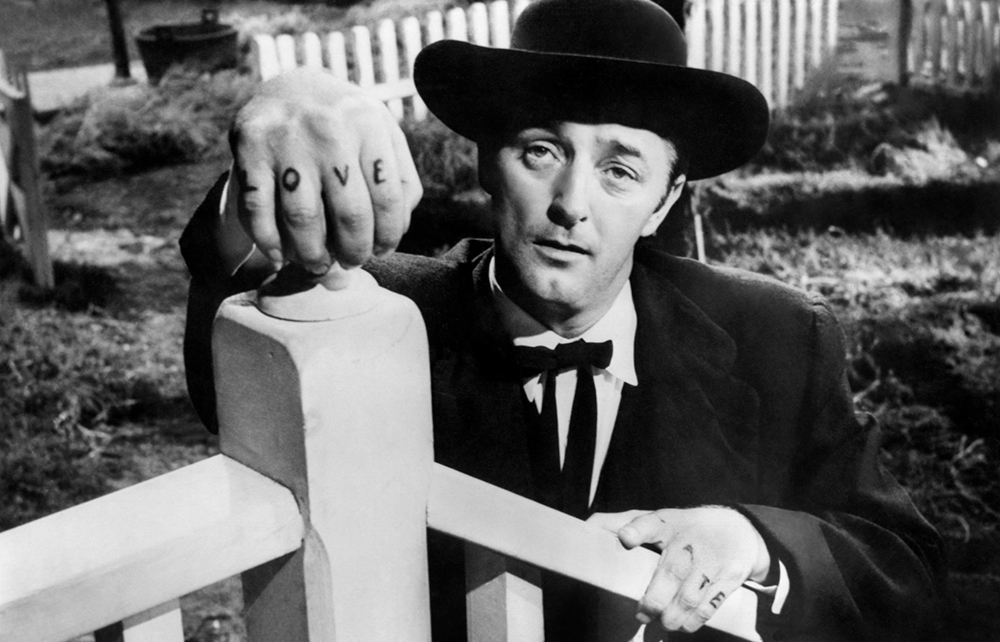‘Make him read the lines the way they’re written!’ Raymond Massey snarled at Elia Kazan during the East of Eden shoot. Classically trained, Massey was infuriated at the way the movie’s star, the Method instinctive James Dean, never played a scene the same way twice. Kazan, who had refereed similar rows between Jessica Tandy and Marlon Brando on the Broadway production of A Streetcar Named Desire, did what good directors do with warring actors: play them off against each other the better to boost both performances. Nobody who has watched the picture, especially those scenes in which Massey flinches at Dean’s latest flight of fancy, could doubt the artfulness of Kazan’s technique.
I shall go to my grave regretting that I wasn’t around in 1932 to have seen Peggy Ashcroft’s Juliet
Nobody except Peter Ackroyd. Method acting, he declares, is, well, just not English. ‘Improvisation… is in origin a Continental practice.’ But Ackroyd is only warming to his nationalist theme. The text, he insists, from ‘the pauses of Pinter to the verbosity of Ben Jonson’, is at the heart of English drama. So it is – though heaven help the player who mumbled in front of Goldoni or skipped a line while Ibsen was in the stalls. As for Ackroyd’s claim that the English actor ‘is more orator than dancer’, it is nonsense. As Olivier used to say:’ Johnny [Gielgud] had the voice, but I had the legs.’
Which is more than can be said for The English Actor. The book reads like the first draft of a school essay. English acting, Ackroyd argues, has magic at its heart. Why so? Because Ralph Richardson was a ‘mage-like’ actor; and because he thought Frank Benson’s Hamlet ‘pure magic’; and because his ‘own acting was often described as magical’.







Comments
Join the debate for just £1 a month
Be part of the conversation with other Spectator readers by getting your first three months for £3.
UNLOCK ACCESS Just £1 a monthAlready a subscriber? Log in